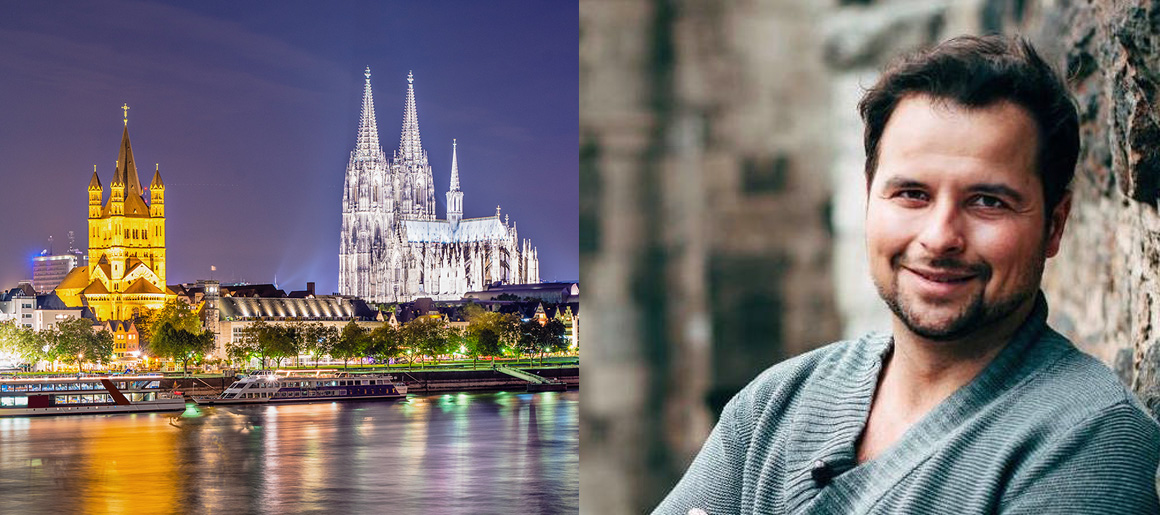
CGA alumnus Dr. Dennis Lal’s career leap from Cologne to Cambridge, Massachusetts
Dennis, after pursuing your graduate studies in the lab of Prof. Peter Nürnberg within the CGA structured graduate program, you received an offer at the prestigious "Broad Institute of MIT and Harvard“ in Cambridge, Massachusetts. What are you investigating in your current project?
I am investigating two major research questions at the Broad Institute of MIT and Harvard: 1) What genetic factors are associated with epilepsies? 2) What is the difference between mutations in disease associated genes, which ones cause diseases and which do not?
In what ways are you still involved in the research activities at your Alma Mater, the University of Cologne?
Somehow I actually never really left Cologne. While pursuing my postdoc in the U.S., I simultaneously wrote several small grants to build up a research group in Cologne. Currently, I am mentoring 2 postdocs, 1 PhD student and 1 scientific assistant. This works surprisingly well - probably given the fact that I spend 1 - 2 hours every day doing video conferences to keep the close relationship with my group. I also visit the team in person every 6 - 10 weeks to discuss the progress of the projects.
Which traits do you consider most important for pursuing an academic career in science? Can you share any first-hand advice to help doctoral candidates determine their career goals?
Firstly, I can only advise to read at least 20 abstracts of papers each week. Without knowing what is currently going on in the field, you will always be a puppet of your mentors. It is very unfortunate to see that the majority of early stage scientists hardly read. I spend 1 - 2 hours scouting on a daily basis and furthermore strongly recommend that you use Twitter as a tool to stay up to date with the latest research. Secondly, competition in science is very hard and if you climb up the ladder, things do not get easier. I personally believe that I am not gifted with a more brilliant mind than the average person with a college degree. As a consequence, I learned that if you want to achieve an exceptional goal you have to work exceptionally hard for it. This will inevitably result in sacrifices that have to be made. In my opinion, it is important that doctoral candidates are aware about this and should question themselves at regular intervals if this is the right career to pursue. Thirdly, in case you come to the conclusion that science is not your true passion or you do not receive outstanding results and are consequently not willing to work exceptionally hard, prepare for a different career path. Not everyone needs to be a scientist as there are so many opportunities to pursue a career in industry. However, in this case it is essential that you already prepare for a career outside academia and take part at communication and other seminars to prepare for the corporate sector.
What do you miss most about Cologne?
My close friends. This is the biggest disadvantage and sometimes I wonder if science is really worth not spending time with my friends. Luckily, these moments are not too frequent and I am visiting Cologne quite frequently anyways due to my local research group.